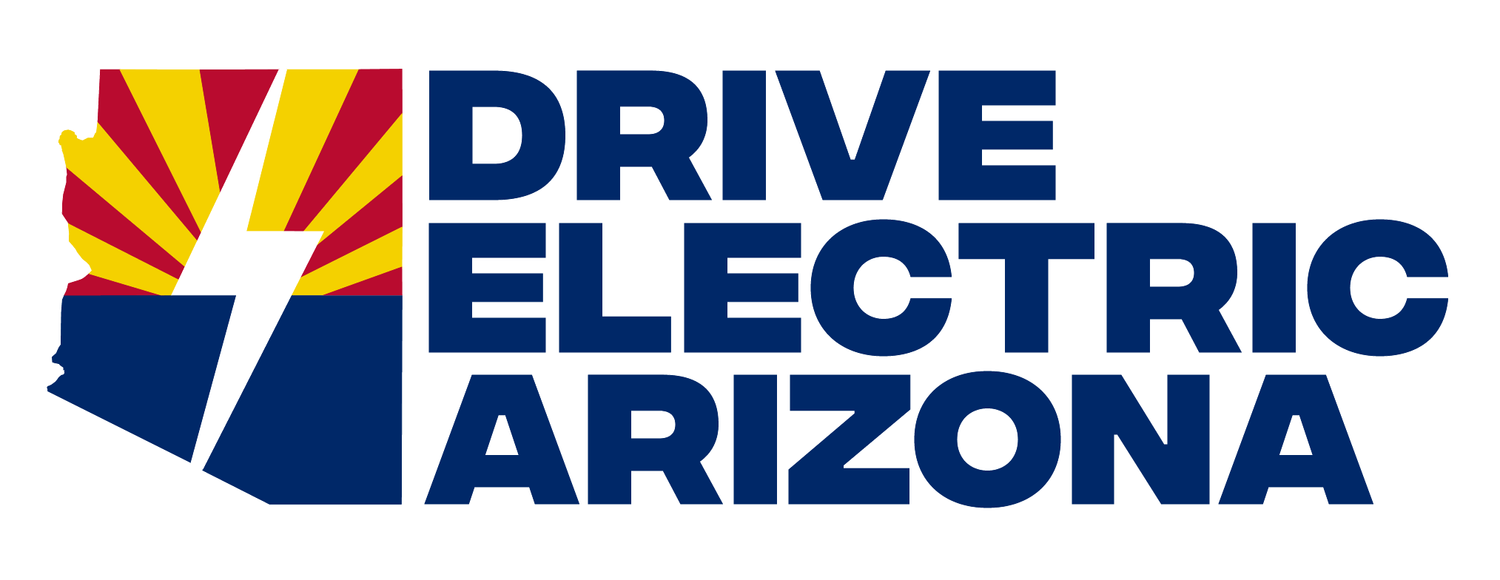Disadvantaged Communities
Chaired by Ellen Kennedy
Justice40 Initiative
On January 27, 2021, President Biden issued Executive Order (E.O.) 14008, Tackling the Climate Crisis at Home and Abroad, which established the historic Justice40 Initiative (the Justice40 Initiative, or Justice40). The Justice40 Initiative establishes a goal that 40% of the benefits of climate and clean energy investments flow to disadvantaged communities, which for too long, have faced disinvestment and underinvestment. Investment categories covered by Justice40 include clean energy and energy efficiency; clean transit; affordable and sustainable housing; training and workforce development; the remediation and reduction of legacy pollution; and the development of critical clean water infrastructure.
This new and groundbreaking initiative promises the transformation of our nation’s communities and offers the opportunity to improve the way the United States has historically undertaken energy planning and infrastructure development. Successful implementation of the Justice40 Initiative will require state energy offices, policy makers, and the private sector to engage with stakeholders across rural and urban communities, including with Tribes/Alaska Native Corporations, and in communities with environmental justice concerns.
Many aspects of Justice40 implementation will also require flexibility and collaboration between the Department of Energy (DOE) and funding recipients. This guidance document is designed to help states, municipal governments, private sector funding recipients, and other interested parties plan to incorporate Justice40 Initiative goals into DOE-funded projects. The application of this guidance may vary in accordance with the relevant DOE program funding opportunity announcement (FOA), or other requirements, which will determine how the Justice40 Initiative must be applied.1 Generally, this guidance explains:
1. DOE’s working definition of disadvantaged communities (DACs) and how they can be identified;
2. DOE’s criteria for benefits that may flow to DACs;
3. How to measure and track benefits that flow to DACs;
4. Case studies discussing how selected jurisdictions direct benefits to DACs; and
5. How to consider implementing Justice40 based on funding type.
Additional information concerning Justice40 will be periodically posted to https://www.energy.gov/justice/justice40-initiative.
For information on the complete Justice40 Initiative, go to the source.
Program Contact:
Office of Economic Impact & Diversity
U.S. Department of Energy
1000 Independence Ave SW
Washington, D.C. 20585
Phone: (202) 586-8383
Email: energyjustice@hq.doe.gov
Web: www.energy.gov/justice40

